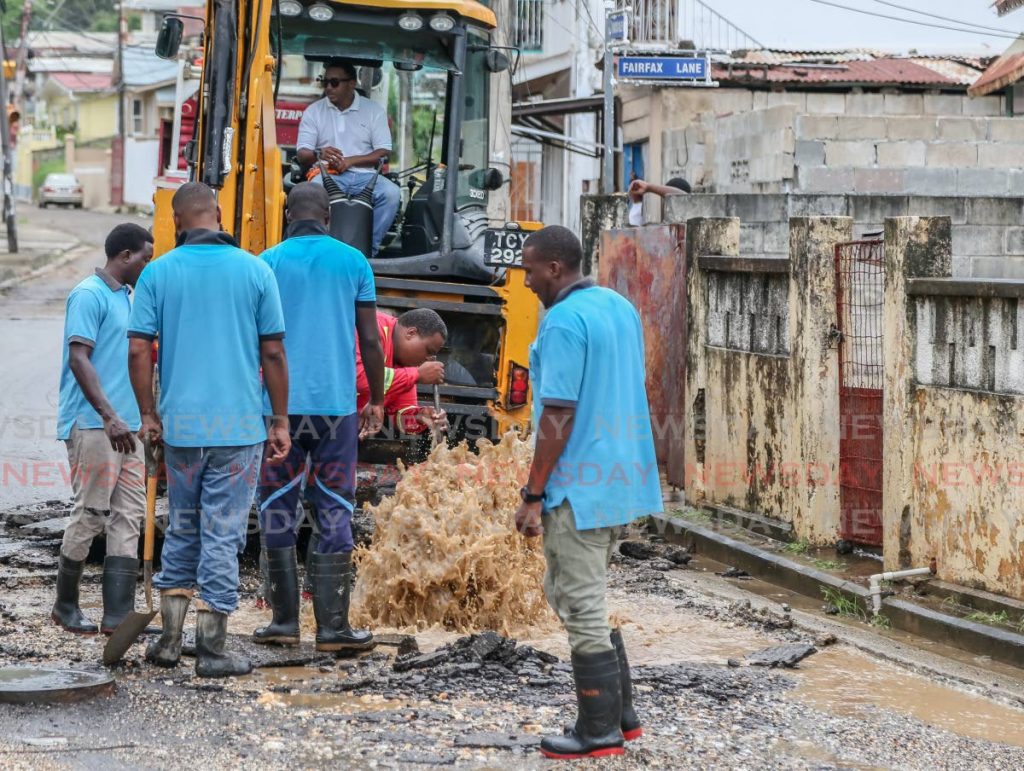WASA still adrift

At a meeting of the Joint Select Committee on Land and Physical Infrastructure on Wednesday, chairman Deoroop Teemal made the startling observation that of the eight top posts at the Water and Sewerage Authority (WASA), seven were held by executives acting in the roles.
That begins at the head. WASA CEO Alan Poon King acknowledged that he had been acting in the position since December 2018.
It isn't possible to unyoke the authority's ongoing problems with water management from the apparent lack of confidence in its institutional management.
WASA is currently operating with a debt of $10 billion and has no clear path forward to recover revenue from its delinquent customers, even with a government subvention that reduces the cost of water to a regional low of $3 per day.
Even the State owes WASA, through its agencies in the industrial sector. The defunct Petrotrin alone has a four-year-old debt to the authority of $8.2 million.
The lion's share of the authority's debt, $586 million, is owed by residential customers, but WASA has held its hand on disconnections since last March because of the covid19 pandemic.
Without a management team installed with the confidence of tenure, WASA is being managed according to its 2018-2022 transformational plan, which overlapped with its 2017-2020 strategic plan.
According to Mr Poon King, there are no inconsistencies in the plans, but movement forward remains appallingly slow.
By the end of 2020, only 17 per cent of the transformation plan had been implemented.
Wastewater plants built by the Housing Development Corporation and scheduled to be taken over by WASA have lagged, with just 13 out of 72 falling under the authority's control.
In October, Finance Minister Colm Imbert announced that a high-level committee was reviewing the situation with WASA.
The problems are both simple and monolithic.
The authority is locked into a costly US$72 million annual payment for supply with Desalcott until 2036.
The billion-dollar Beetham Wastewater Treatment Plant failed without producing a drop of usable water.
WASA runs in circles plugging thousands of leaks every month in a pipeline system that should have been replaced decades ago. For many, many years, line ministers and the authority’s benighted executives have reported – to public consternation every time – that fully 50 per cent of the water that WASA produces is lost through leaking pipes.
As caretaker of an essential resource, WASA should be a model of efficiency and cost-effectiveness.
It is instead overstaffed, broke and wasteful at the same time.
A new board was appointed in December.
A courageous WASA board would craft a clear mandate for the authority, confirm or hire an appropriate management team and create an environment of transparency and clear purpose that would fortify the authority to make the hard decisions it faces.
That this situation has been allowed to endure for years does not make it acceptable.


Comments
"WASA still adrift"